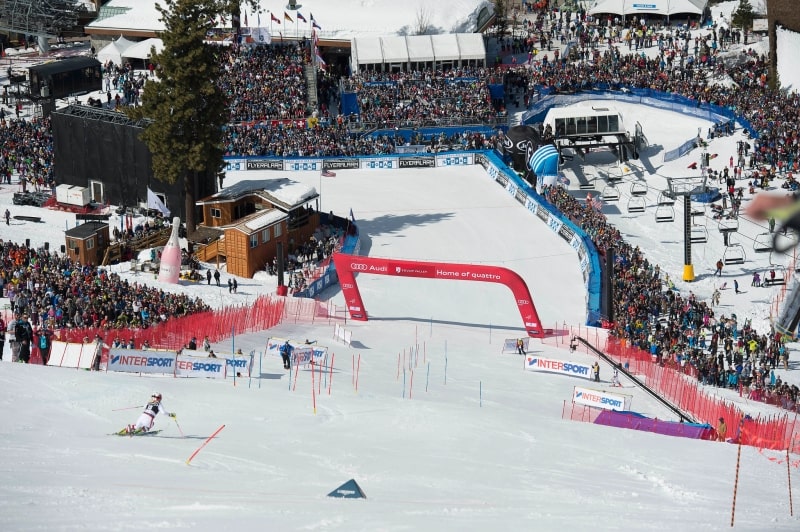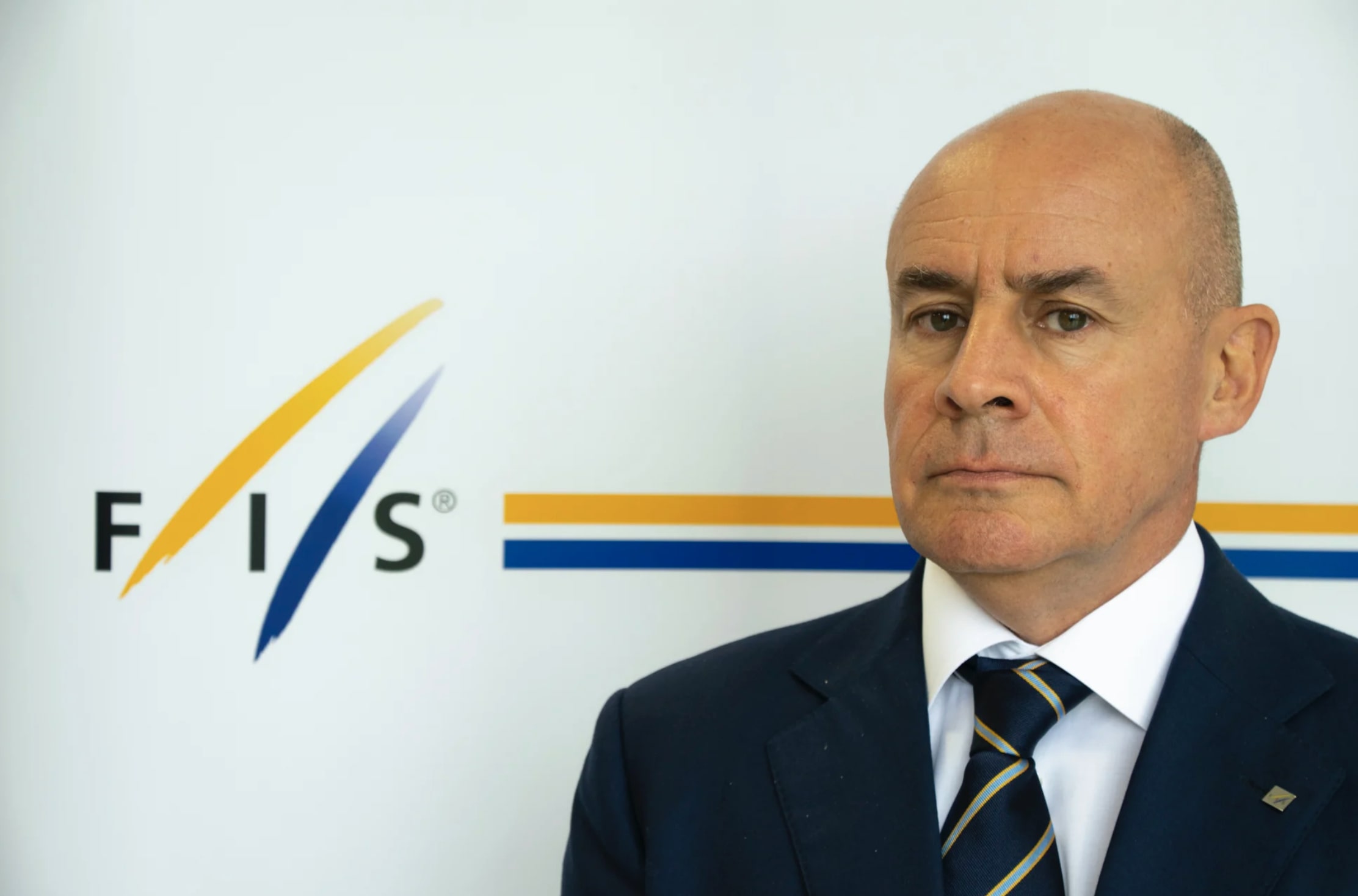
The leadership of the International Ski Federation’ FIS’ has been under fire for a while, not least since the election of the new CEO, Johan Eliasch, in June 2021. His election was so controversial several officials of national ski organizations walked out of the election process. The officials called the election a farce, as the only option was to vote for him. There was no other candidate or opportunity to vote against him. So officially, Eliasch received 100% of the votes, but 56 of the 126 national ski associations left the election in protest instead of casting their vote. They saw no other way of voting against Johan Eliasch. The Austrian, Swiss, German, and Croatian ski associations were, in fact, so upset they took their grievances one step further and took the issue to the International Court of Arbitration for Sport ’CAS.’ In mid-March, they, however, decided to drop the case and sit back at the table with FIS delegates to come to an amicable solution.
“An election is called that because one has a choice, but that didn’t exist, that goes against our understanding of the law.”
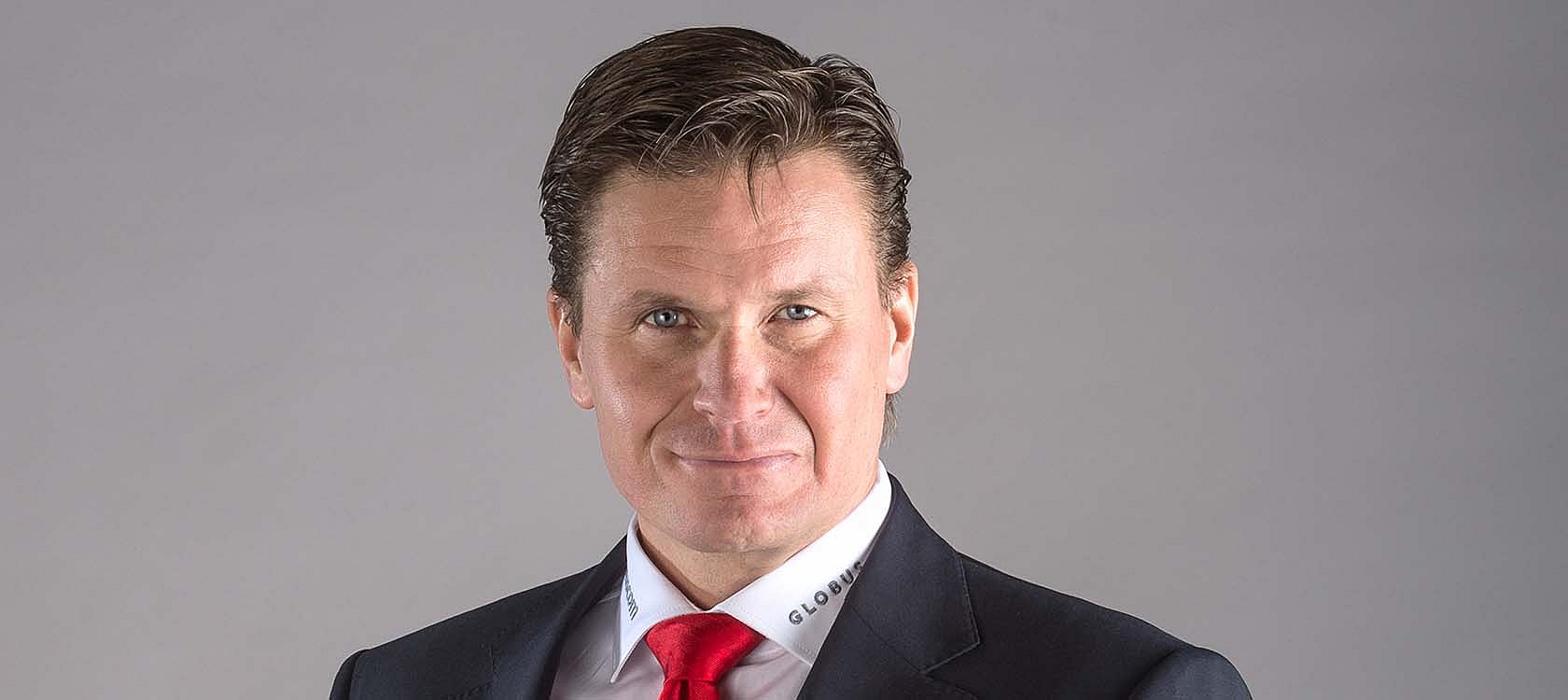
The British-Swedish billionaire Eliasch is the majority shareholder and CEO of the ski company Head. The entrepreneur promised to shake up FIS, and his intention seemed to find support from many members who voted for him. However, some, like Peter Schröcksnadel, who voted for him, have changed their mind. While Eliasch’s general idea of advancing ski racing and raising its profile globally found praise from many, his suggestions, measures, and execution have faced intense criticism. Schröcksnadel alleges that Eliasch announced that the second set of US-based races would be featured live on NBC and that this fact was the only reason he voted for the idea, despite the enormous carbon footprint of having to fly international teams from the World Championships in France back to North America, rather than holding the final races nearby. Instead, the Palisades Tahoe Giant Slalom race was shown 24 hours later on NBC in an abridged version, while the Slalom was only shown the following weekend. Elias and FIS deny ever having suggested a live feed from the US was on the cards.
“I voted for Eliasch because I believed that he as successful entrepreneur would be able to bring great new ideas to competitive skiing. Now I have come to realize, that he has absolutely no idea about ski racing.

In addition to hosting races back and forth across the continents, rather than optimizing them geographically, Eliasch has also come under fire for initiatives like the proposed World Cup race at an indoor skiing hall at a Dubai mall called ‘Ski Dubai.’ Trial races were held in November 2021, when Ski Dubai hosted a series of FIS-sanctioned national races—five athletes qualified for the Beijing Winter Olympics.
“Discussing to hold a World Cup race in Dubai is absolute insanity. We have to think about sustainability.”
Eliasch was criticized for pushing races too early in the season and in the wrong locations. The first-ever cross-border race, which was supposed to be held in Zermatt and Cervinia, crossing the border from Switzerland into Italy, was scheduled as the season opener in October 2022 but had to be canceled due to lack of snow.
“It is absolute insanity — not just ecologically — to race on a glacier. It is insane for the athletes to hold the first race of the season at almost 4,000m [13,123ft] altitude and then to go such a long distance. It’s just a publicity stunt! The helicopters required alone to move the material onto the glacier, you cannot justify that in this day and age. And on the glacier visibility gets bad quickly if it’s overcast. There are no trees for depth perception, everything is just white. You could have such bad crashes and injuries.”
– Markus Wasmeier, retired ski racer
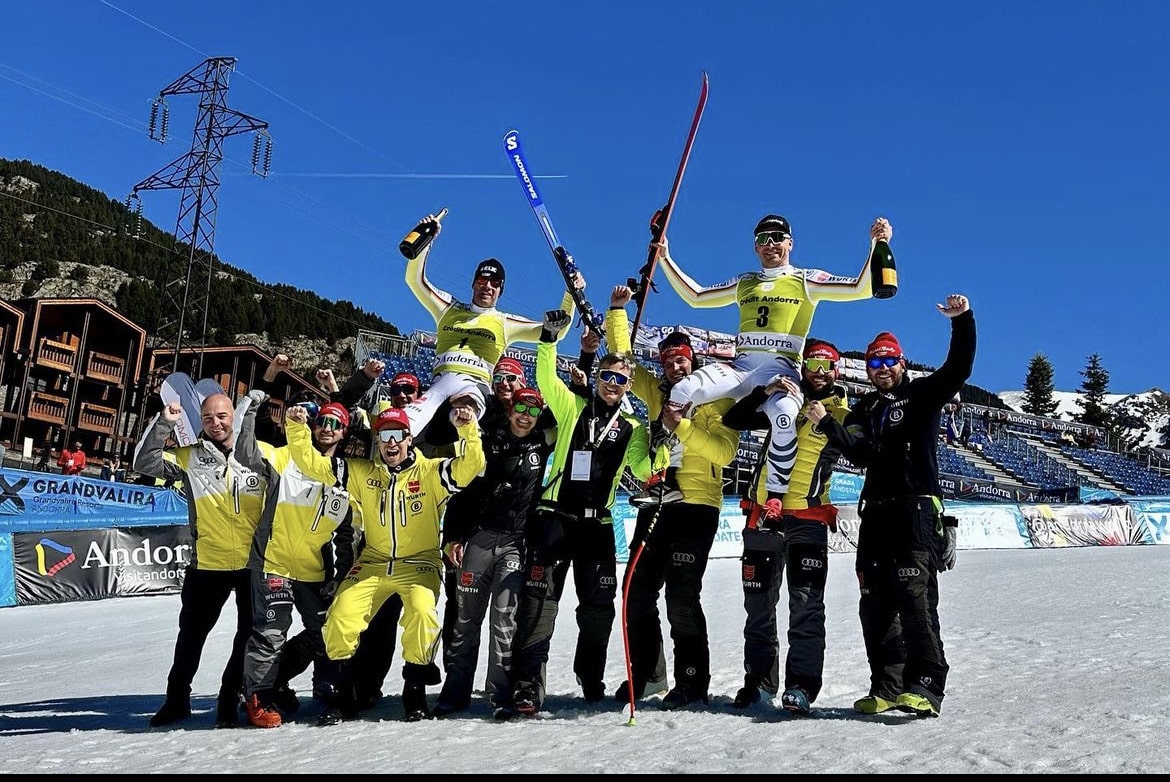
The issue of the scheduling of the FIS calendar is also dear to FIS athletes, and almost 200 athletes and other professional skiers signed an open letter to FIS in February this year, calling for urgent action at the organizational level to get the FIS World Cup to climate neutral as soon as possible. Aside from a list of goals and a call for more transparency and dialogue, the letter also proposes substantial changes, amongst others:
- Moving the start of the race season from October to November and pushing it out from now March to April due to a shift in seasons, as evidenced by the many canceled races this past season and the current high snow levels in the US.
- Streamlining the race calendar to minimize unnecessary travel rather than forcing athletes to fly repeatedly between continents.
- Encouraging national ski federations to do more for the environment nationally.
- Reducing the use of fossil fuels rather than trying to offset it with carbon credits or rainforest projects.
Austrian downhill skier Julian Schütter wrote the letter, an ambassador for the non-profit organization Protect Our Winters, known as POW, and signed by many leading athletes, including Team USA athletes Tommy Ford, River Radamus, Travis Ganong, and Mikaela Shiffrin.
“It is absolute insanity that speed skiers had to go overseas for a second time and tech specialists went for a single race. This kind of travel is not befitting of the times we live in. I cannot believe that a smart and successful man like Eliasch would have such stupid ideas. Let me tell you: If the day comes where we have a World Cup race in Saudi-Arabia or Dubai, I will retire!”
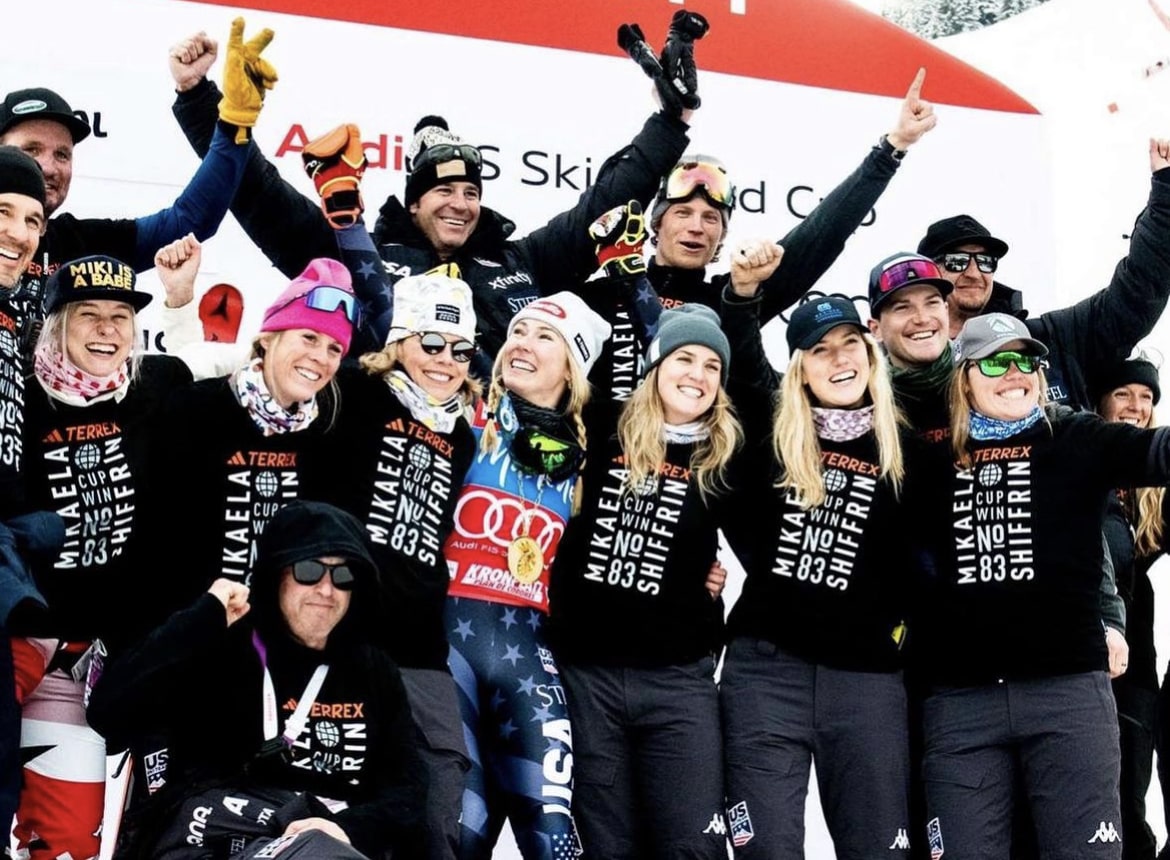
In the response by FIS, the organization welcomed the athletes’ concern about climate change but rejected the notion that Eliasch or FIS itself was not doing enough. The organization’s written statement emphasized the CEO’s past engagement in sustainability efforts. It highlighted everything the FIS has done and is doing, such as committing to the UN Sports for Climate Action Framework and starting the new FIS Rainforest Initiative — an initiative critics referred to as green-washing and had explicitly highlighted as being the wrong angel in their letter. Furthermore, FIS has refused to provide any information about their Rainforest Initiative, and there is no public information on any factors of this initiative.
After the wrap of a successful FIS racing season, national ski organizations and FIS need to come together and discuss these points. A geographical streamlining of the race calendar should be possible, and a commitment to being carbon-neutral should not be achieved through carbon credits. It is a step in the right direction that FIS will finally enforce the fluoro wax ban from 23/24, but more can and should be done. The poor European season shows how vulnerable the sport we all love is. We all want a global sport that gets the recognition and exposure it deserves, but it should not come at the expense of the environment.
Eliasch must re-think his ambitions for pushing the sport into geographical locations that do not lend themselves to skiing. Not only is this impossible to justify from an environmental standpoint, but you will also never generate the level of interest in snowsports in regions for whom skiing is exotic and foreign. Skiing does not have the global following soccer or tennis have, and we do not need to force it to be a globally followed sport. The North-American market is big enough to generate a sufficient following if it is marketed properly. Trying to appeal to niche segments is not the way forward when there is an opportunity and interest in America that is entirely under-utilized, so negotiating the proper US broadcasting rights should be a top priority.
Splitting races 50/50 across Europe and North America would be another step in the right direction. Crowds at recent US races have shown how passionate Americans are about snowsports. With numerous successful skiers from the US and Canada, why tap into new markets when you could expand into a demographic currently not explored to its full potential?
